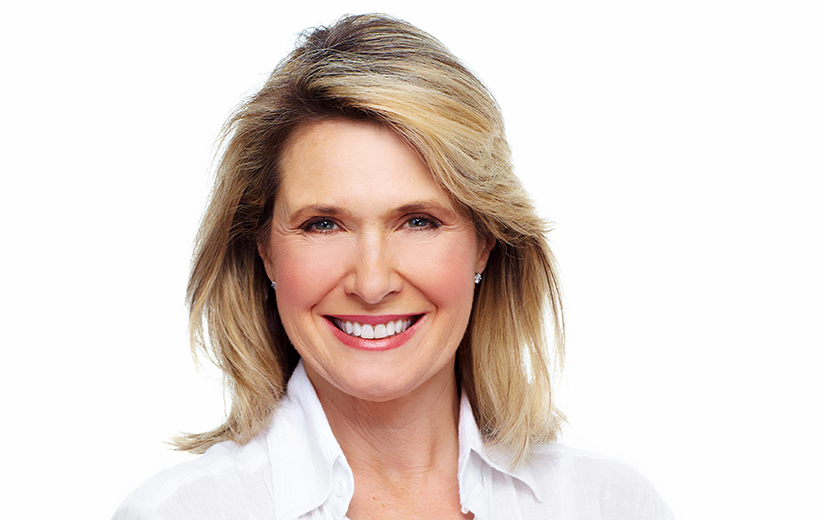Light urinary incontinence and menopause
By entering the stage of menopause, due to the low levels of estrogen as well as due to aging, you might experience the first symptoms of light urinary incontinence, also known as “unvoluntary urination” as stated by the International Incontinence Society.
Light incontinence is a common problem faced by 1-4 women (over 30 years old) and, is in most cases, easily dealt with. This is why you should not be embarrassed if the problem occurs. On the contrary! You have every reason to enjoy your daily life without worries!
The most common way to deal with urinary incontinence is the Kegel exersices that strengthen the pelvic floor and help improve bladder control.
Other known ways:
Quit smoking: Smoking can cause urinary incontinence during menopause.
Lose Weight: Women tend to gain weight during menopause.
Chronic cough and allergies: Chronic cough can cause continuous pressure to the pelvic floor and can, in time, weaken it.
Exercise: There are many benefits both for your body as well as your mind. Ideal exercises are the mild ones, such as Kegel or Pilates, that strengthen the pelvic floor.
Surgery: Many women might choose surgery over other conservative treatments that failed to treat the problemYou should have in mind that you are not alone… One in four women, over the age of 30, shows symptoms of light urinary incompetence, most of which can be easily treated. The sooner you deal with it, the better it will be. At this stage, you will find support among many women facing the same problem. Urinary incontinence can be treated. So think positive. Feel alive and active, and enjoy life!
You should have in mind that you are not alone… One in four women, over the age of 30, shows symptoms of light urinary incompetence, most of which can be easily treated. The sooner you deal with it, the better it will be. At this stage, you will find support among many women facing the same problem. Urinary incontinence can be treated. So think positive. Feel alive and active, and enjoy life!
In collaboration with Dr Olga. E. Bikou, Obstetrician-Surgeon-Gynaecologist










